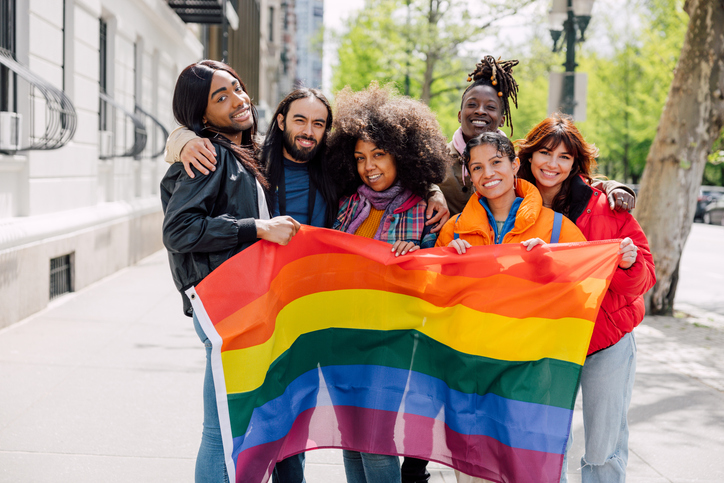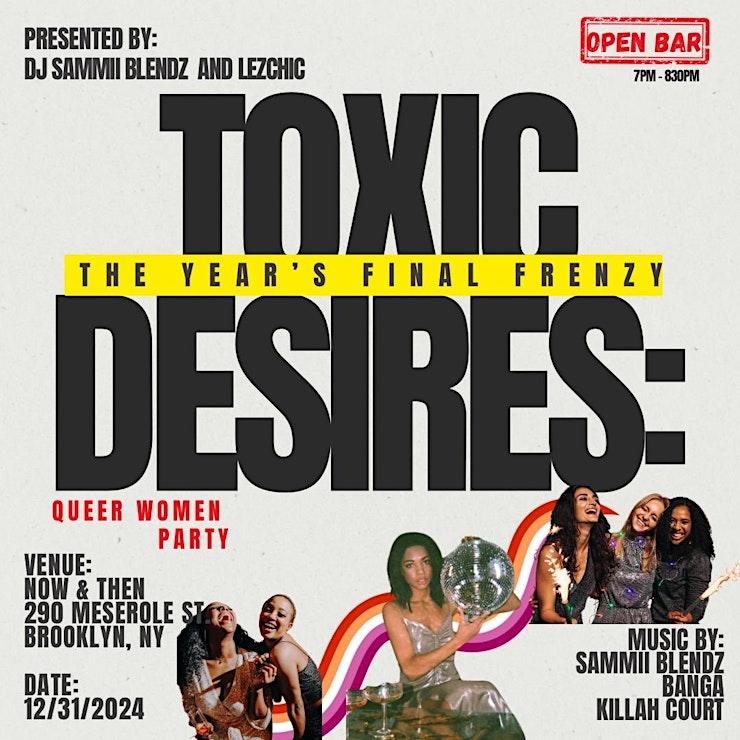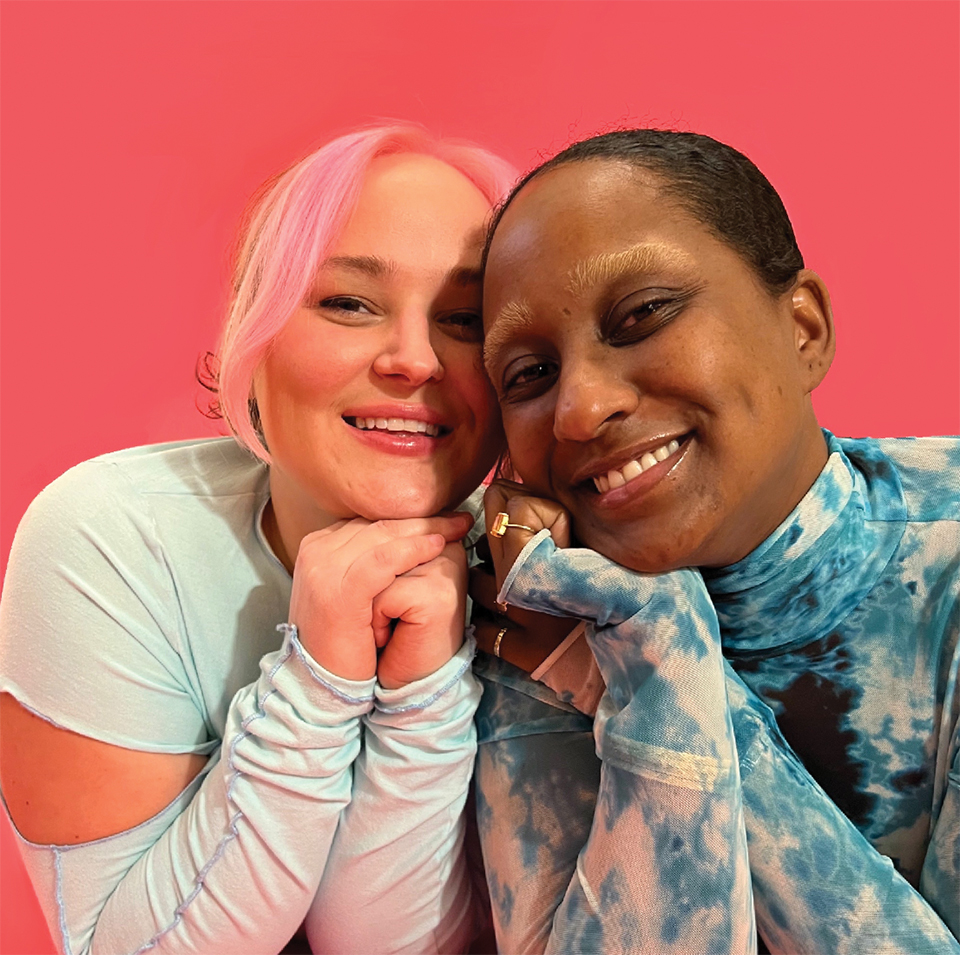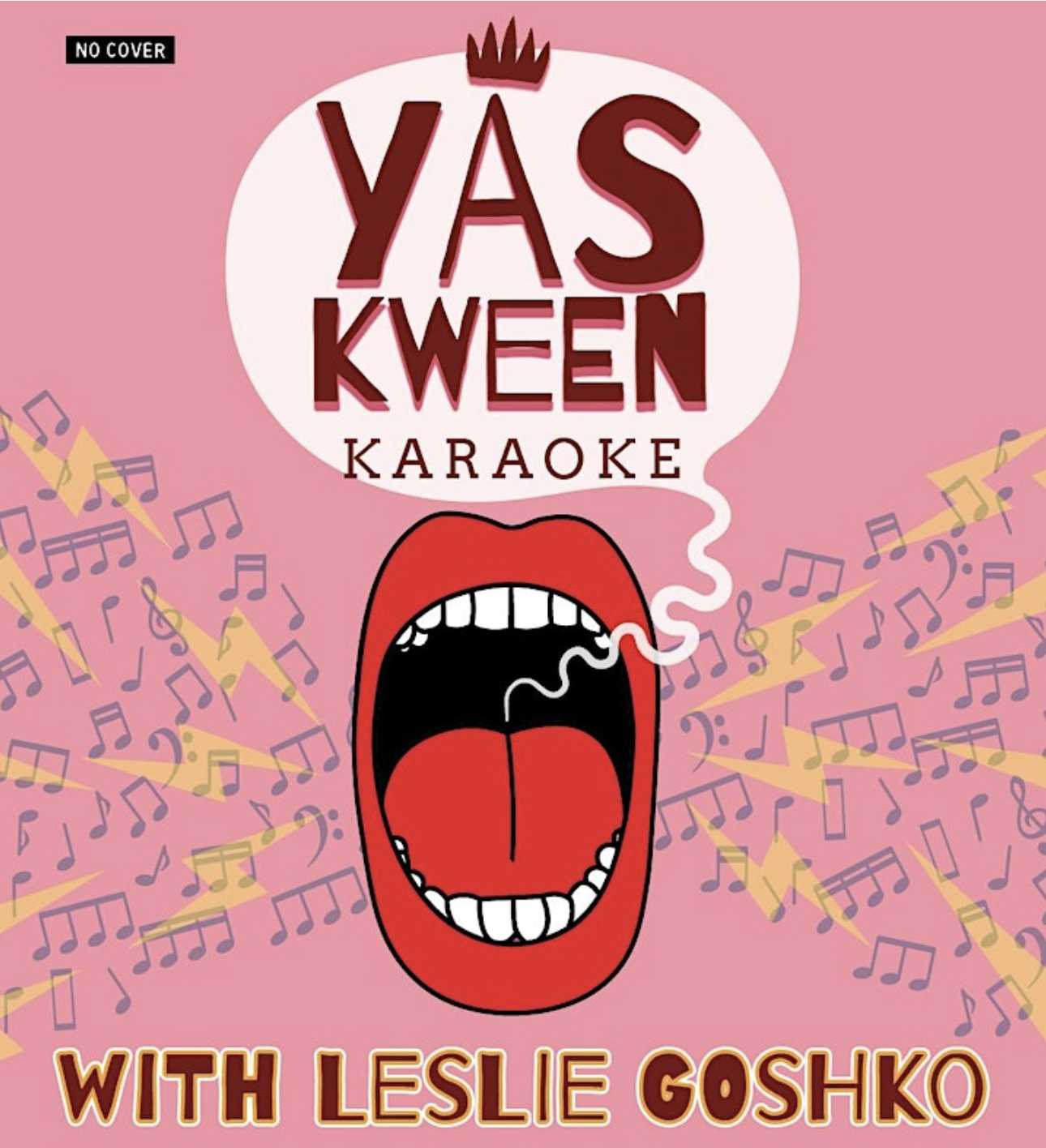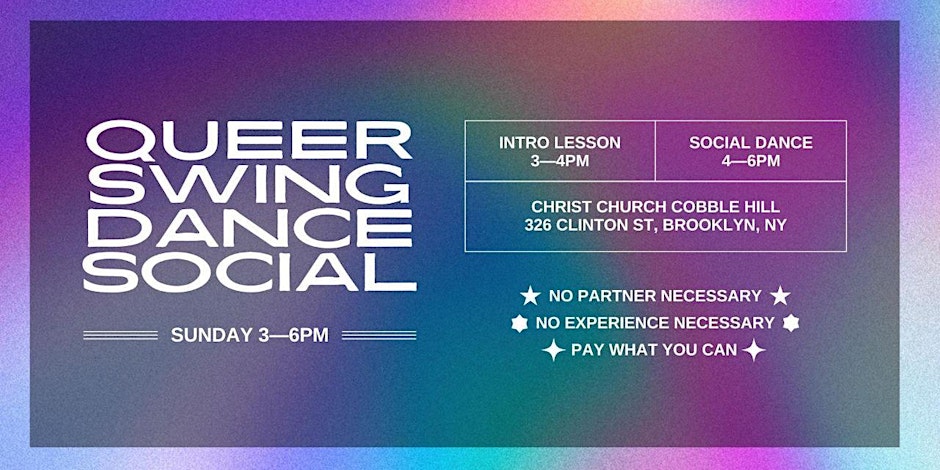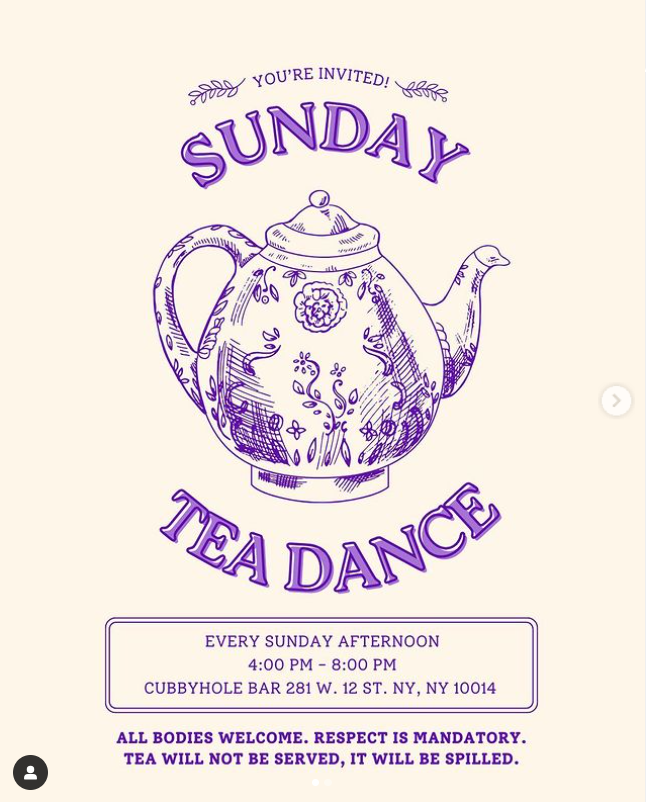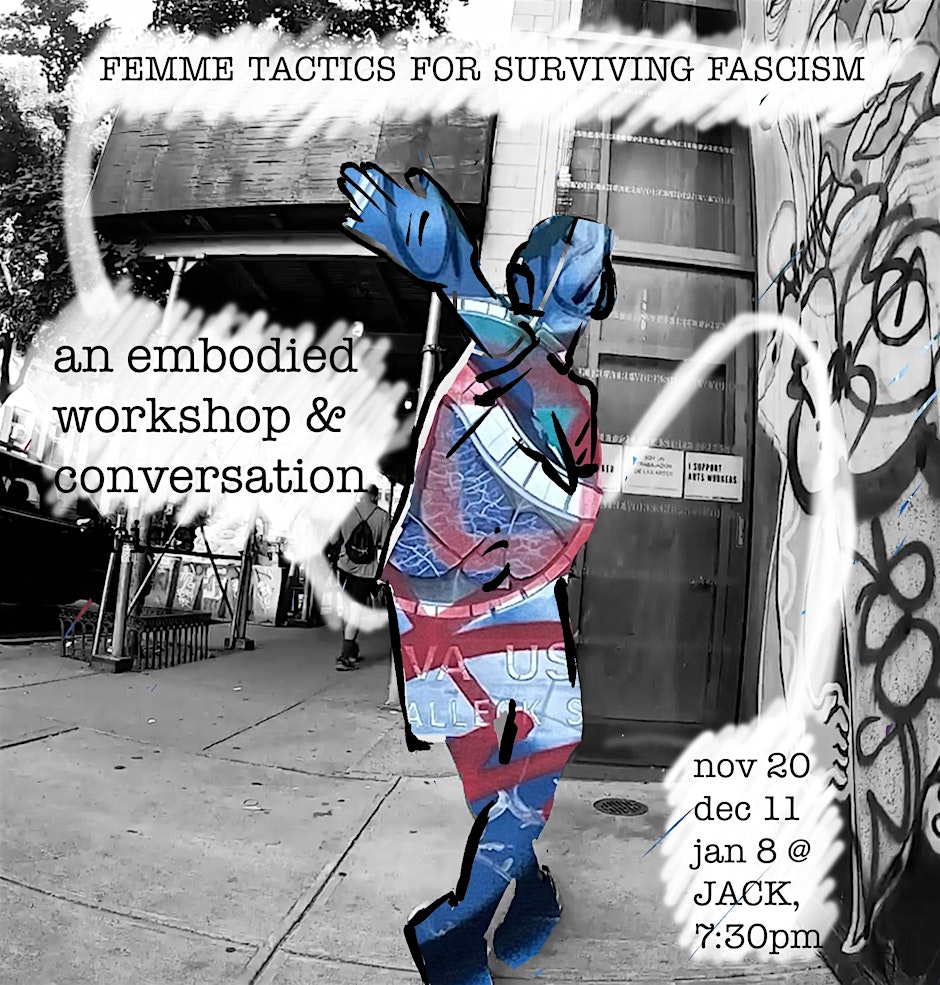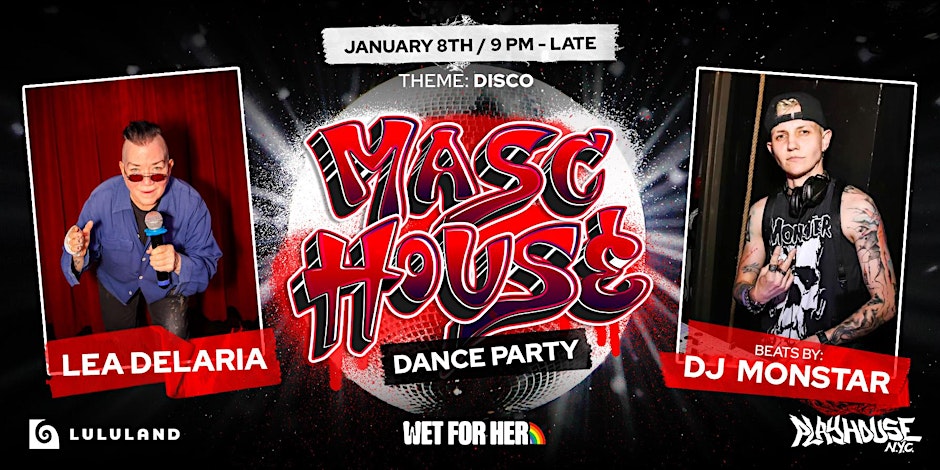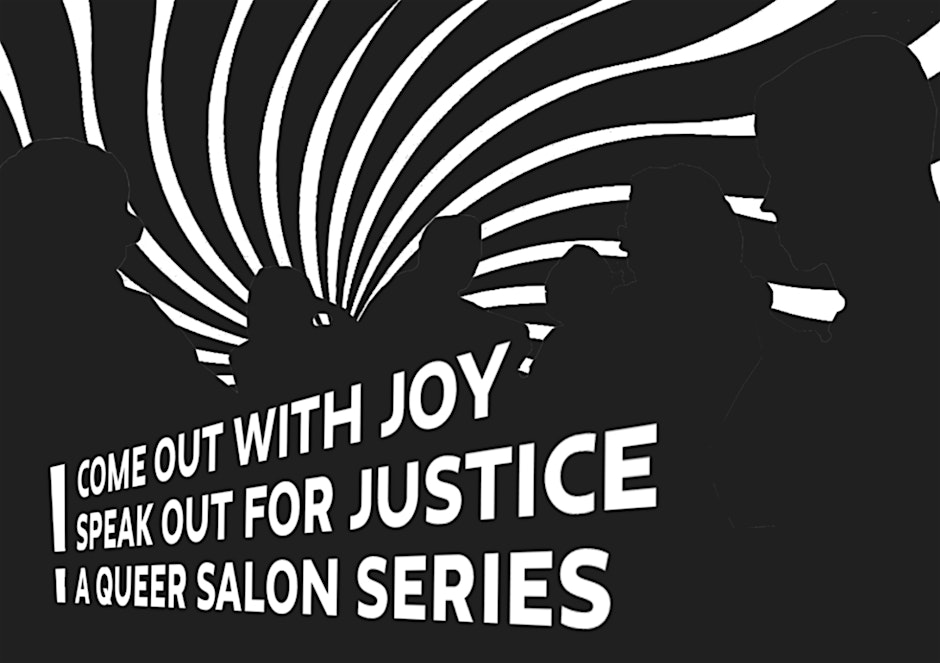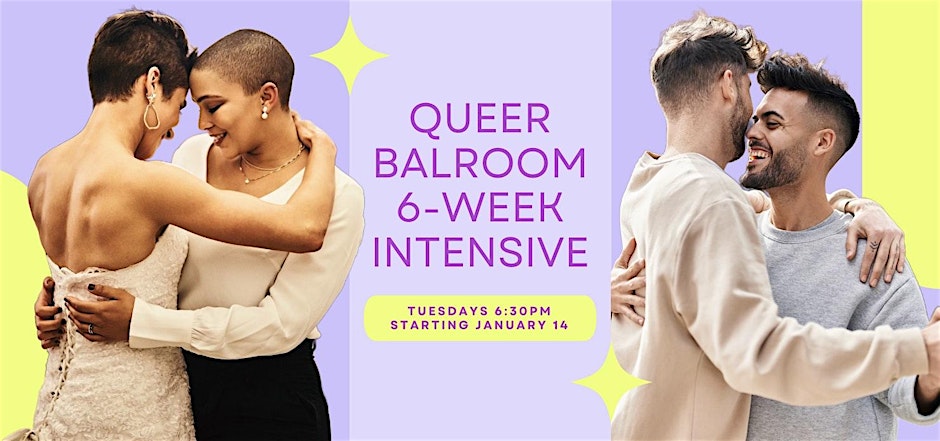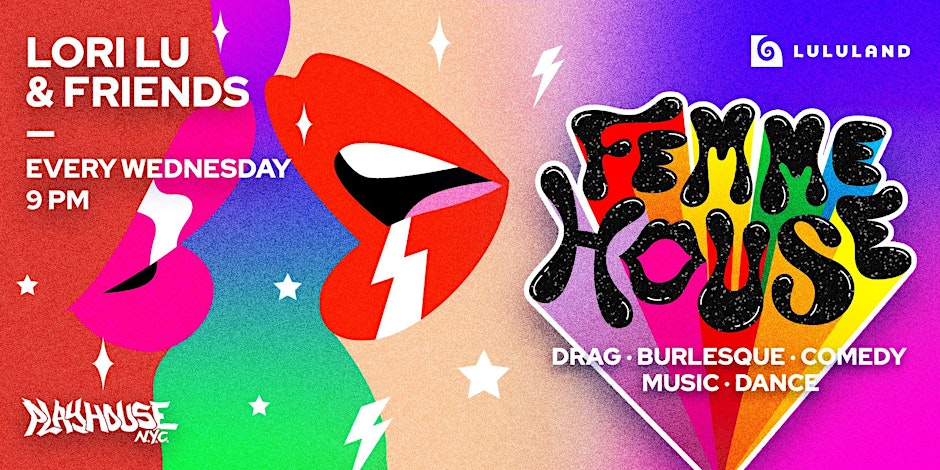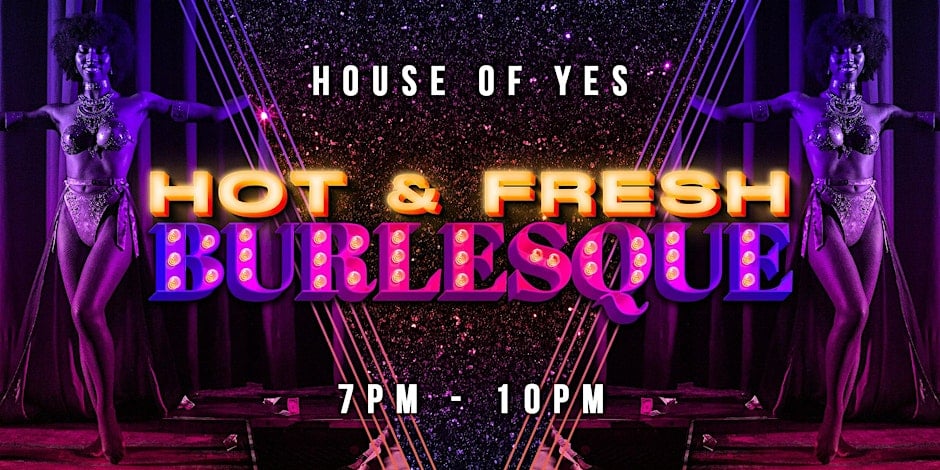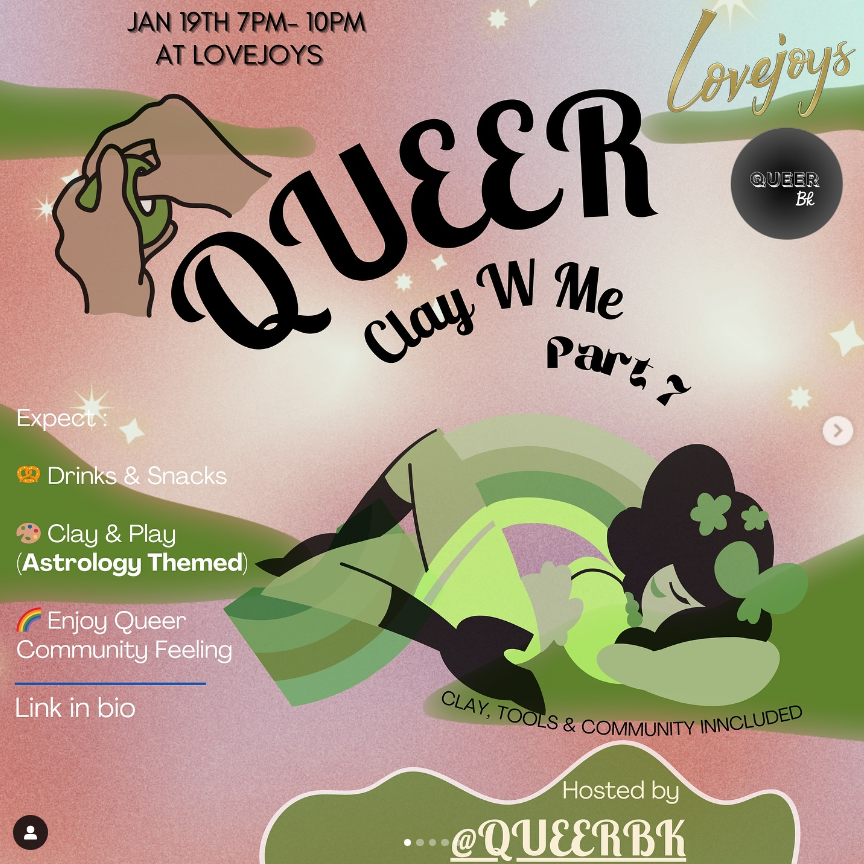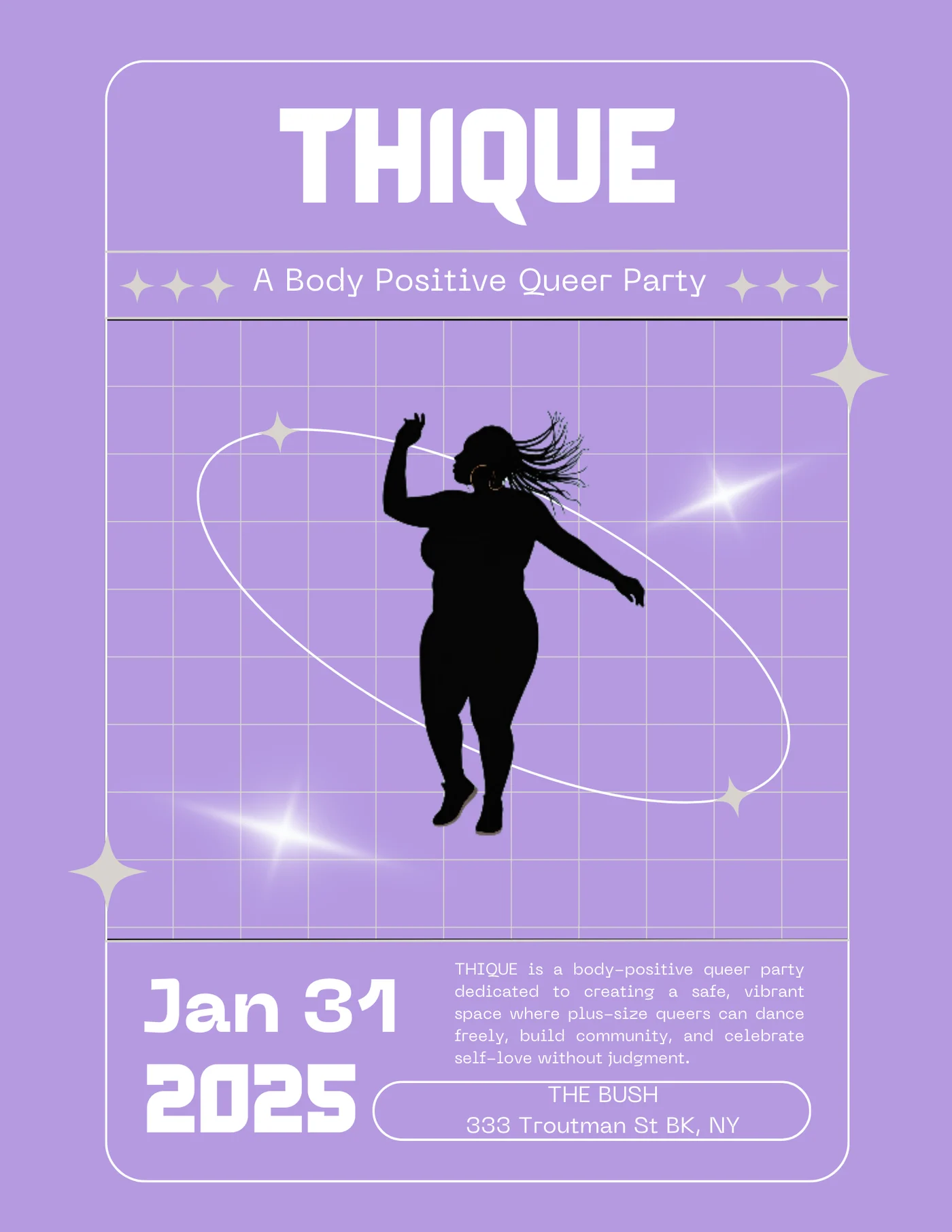Content warning: This article includes mention of known abuser Harvey Weinstein and brings up how to process triggers for sexual assault victims/survivors. It may be triggering for some. Take care of yourselves, if you aren’t ready to read this—check out last week’s sex ed column about strap-on sex.

Three weeks have gone by since the initial New York Times report about Harvey Weinstein. Since that first flurry of stories about abuse, there have been thousands—if not millions—of people speaking out about their own experiences with sexual violence. The proof of an epidemic that is rape culture is crystal clear.
In my work as a sex educator and rape crisis advocate—I deal with these issues on a daily basis. I work with patients of domestic violence and sexual assault in the hospital, I have friends reach out to me for resources on community accountability and lately, I’ve even had perfect strangers sending me messages looking for information about support systems for victims/survivors. The work I do is rewarding because I work with people and attempt to create better systems of care for abuse victims/survivors. There’s truly nothing I believe in more.
Secondary survivors is a term used in my field to refer to people who have close relationships with the victim/survivor of abuse. Experiencing violence is traumatic for victims and survivors—but it can also be very difficult for partners, friends, lovers, and parents to process that someone they care about has experienced sexual violence. People often don’t know who to talk to about these things or how best to support their loved one who may be struggling with PTSD or daily triggers or anxiety.
Having sex after experiencing trauma is a different process for every single person. There is no way to categorize this or put a time stamp on when you’ll be ready to have sex again. For me, I know that it took a long time because I was coming to terms with my sexuality at the same time that I was raped for the third time. But I know some victims/survivors who wanted to have sex with their partner the next day or week. Every experience is valid. Do whatever feels right for you—only you will be able to know when you’re ready.
But there are some tools for our partners that can be helpful in navigating intimacy after violence. Whether you’re a longtime boo or a short fling—being respectful of boundaries and triggers is a must. If someone discloses that they’re a victim/survivor of sexual violence, that means they trust you and it’s important to them that you know about this before getting into bed with them.
Ask if they know what their triggers are.
Sometimes people will know what triggers them—it could be anything from a scent or seeing a certain type of car on the street or a specific sexual act. But even when someone knows what triggers them, it can be challenging to bring it up in conversation. It helps when the partner is able to prompt the question and start the conversation—it shows that their partner cares and wants to make sure they respect boundaries.
A rape victim/survivor might have hard no’s just the same way anyone else does. Checking in with every sexual partner about hard no’s is really important. An example of a hard no could be anything from no penetration to no choking or kissing their neck.
Recognize that some triggers might come up that they don’t know about yet.
Even when someone knows what their triggers are—new things can come up that they didn’t expect. Or they might just have a flashback that is completely unrelated to whatever sexual act you’re doing. It might happen that you’re in the middle of having sex together and they start to shut down or seem despondent. Anytime you’re having sex with someone (whether they’re a survivor of sexual violence or not) and they seem not to be ~in~ the moment, it’s best to pause.
It can be helpful to take a moment to look into each other’s eyes and remember who you’re with. Experiencing a trigger doesn’t necessarily mean that you need to stop having sex, what you want it’s up to both of you in the moment. Maybe you just readjust and take some time for sensual touching or massage.
Remember that it’s not about you.
No matter what triggered them or where they’re are in the moment—just remember that this isn’t about you. It’s not even about something that you did.
Affirm their power to say no at anytime.
Reminding someone who has had their consent taken away from them that they have the ability to say no at any time, is so empowering. Let them know that they can say no at anytime, even if they previously said yes and even if you’re in the middle of something and they want to say no. If you practice BDSM—it’s good to have a safe word and safe symbol (movement with hand or foot) since sometimes people cannot speak in the moment.
Don’t touch them without consent.
If your partner was so triggered that they needed to stop having sex and are in the middle of a panic attack or experiencing severe PTSD—remember to not touch them without their consent. A simple “Can I rub your back?” Or “Can I hold your hand?” is a good check-in and reminder that they have control over their body. It can feel instinctual to reach out and touch your partner for comfort, but remember that they need to be in complete control of the situation right now.
Hold space in silence and hold space if they want to talk.
Some people process in silence and you being present in that space with them is important. Others may want to process exactly what happened word by word. Both are valid and real. As the partner, just be there to hold space however they want to process what happened. And don’t press them with questions if they aren’t quite ready to talk about it yet.
Corinne Werder is a writer, sex educator, and girl on the move currently residing in Brooklyn, NY. She looks at the world through the lens of a pleasure activist, femme-of-center queer woman. Her background in sex education comes from her volunteer work with RAINN, her work as a sexual assault/domestic violence advocate and she is currently a student at the Institute for Sexuality and Enlightenment.
Have more sex questions? Leave a comment below or email corinne@gomag.com and come back for more every Friday!
The advice offered in this column is intended for informational purposes only and should not replace or substitute for any medical, or other professional advice or help. For concerns requiring psychological or medical advice, please consult with an appropriately trained and qualified specialist This column, its author, the magazine and publisher are not responsible for the outcome or results of following any advice contained within this column.





